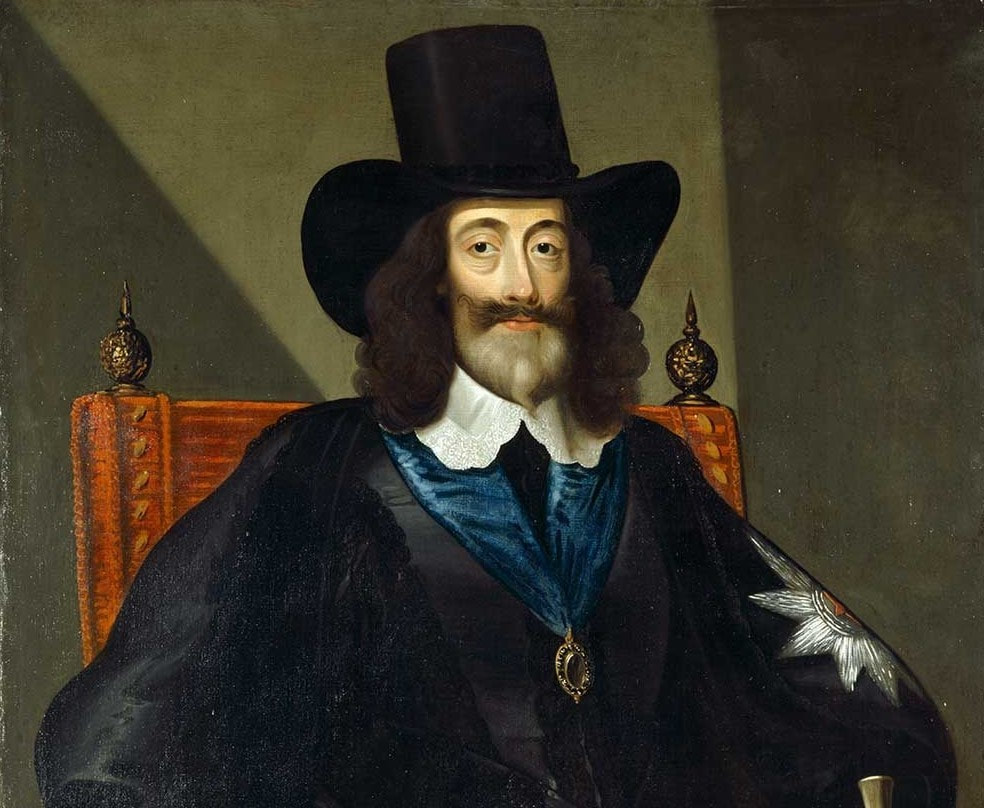|
Intrigue, deception, and power struggles - the English Civil War was a canvas painted with the bold strokes of history. As we embark on a journey through the annals of time, let us untangle the web of factors that ignited this momentous conflict. Join us as we delve into the witty tapestry of events that paved the way for a war that shook the very foundations of England.
The Royal Clash - A Game of Thrones Unfolds: Step into the court of Charles I, the enigmatic monarch whose longing for absolute power danced with the principles of parliamentary sovereignty. Clashing with a defiant Parliament, the sparks of discord began to ignite. While Charles believed in the divine right of kings, the Parliament was eager to safeguard the rights of the people. Thus, a riveting game of thrones unfolded, with each side vying for supremacy over the other. The Taxing Quandary - When Coins Clash: Ah, taxes - the age-old bone of contention! The English Civil War was no exception. The Stuart kings were all too fond of taxing the masses to fund their extravagant lifestyles and foreign wars. Alas, the Parliament and the common folk were left with empty purses and grumbling bellies. The Pilgrims and Puritans were displeased, for they believed that a king's coffers should be a trifle lighter when it came to the people's coffers. Religious Wrangling - Faith's Friction: When it comes to religious fervor, there's no shortage in England's past. The English Civil War had a healthy dose of religious wrangling. The Puritans, with their stern faces and disapproval of frivolity, sought to cleanse the Church of England of its perceived impurities. Meanwhile, Charles I leaned towards the ritual and pageantry of the High Church, leading to an irreconcilable clash of beliefs. A storm of religious zealotry brewed, setting the stage for a holy collision. Statistics Speak - A Royal Recipe for Rebellion: Oh, numbers, those unfeeling but revealing friends! Let's break it down with some cold, hard facts. By the mid-17th century, taxes had skyrocketed, pushing the English population to the brink. The Crown's share of the national income surged from 1.5% in 1603 to a staggering 10% in 1630. As the pressure of taxation weighed heavy on the people's shoulders, it's no surprise that rebellion began to simmer beneath the surface. The Final Straw - Ship Money's Sigh: Enter the villain of the tale - Ship Money! This egregious tax imposed by Charles I on coastal towns to fund his naval exploits left the masses seething. What could be more exasperating than paying for a royal fleet while having no say in the matter? The Parliament had reached its limit, and Charles' authority now seemed more arbitrary than divine. As we unravel the threads of history, we find that the English Civil War was a clash of wills, ideologies, and ambitions. It was the convergence of political intrigue, economic woes, religious fervor, and an insatiable hunger for power that culminated in one of the most significant chapters in England's history. This chapter reminds us that even the grandest of tapestries can fray when the forces of change and resistance entwine. So, let us raise our glasses to this chaotic yet captivating era - the English Civil War - a time when history took center stage, and the fate of a nation hung in the balance. Written by Versus History Guest Blogger Madeleine Adams-Jones. Madeleine is currently writing her first book on the role of religion in driving the English Civil War.
0 Comments
Leave a Reply. |
Categories
All
Archives
April 2024
|

 RSS Feed
RSS Feed